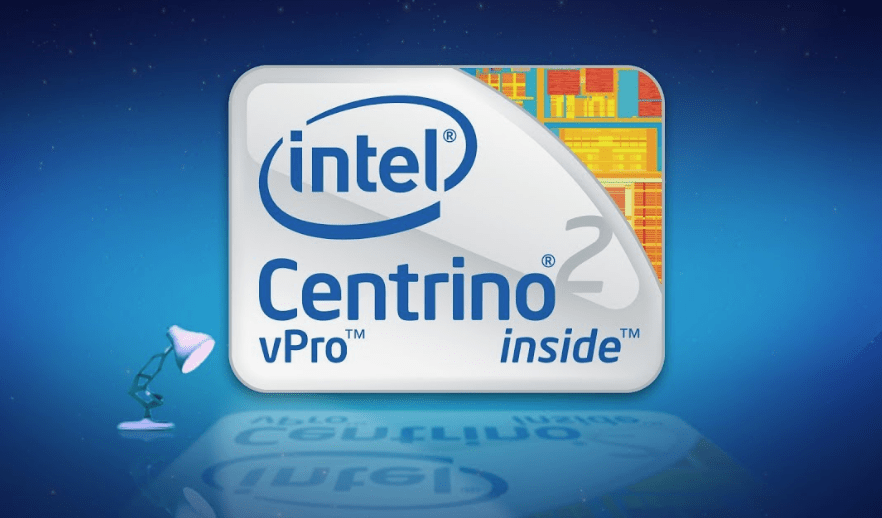By outsourcing the management of cloud infrastructure and applications to expert service providers, organizations can focus on their core business activities while benefiting from enhanced performance, security, and cost-efficiency. This article delves into the key components, benefits, and best practices of cloud managed services, illustrating their transformative impact on businesses.
Understanding Cloud Managed Services
Cloud managed services involve the outsourcing of day-to-day IT management responsibilities and functions to a third-party service provider. These services encompass a wide range of activities, including cloud infrastructure management, application support, security monitoring, and performance optimization. The goal is to ensure that cloud environments run smoothly, efficiently, and securely.
Key Components of Cloud Managed Services
- Infrastructure Management Infrastructure management includes the monitoring, maintenance, and optimization of cloud infrastructure components such as virtual machines, storage, and networking. Managed service providers (MSPs) ensure that these components are running efficiently and are regularly updated to prevent any disruptions.
- Application Management Application management involves overseeing the performance and availability of applications hosted on the cloud. MSPs provide support for application deployment, configuration, and troubleshooting, ensuring that applications run smoothly and meet business requirements.
- Security Management Security is a critical aspect of cloud managed services. MSPs implement robust security measures, such as encryption, firewalls, intrusion detection systems, and regular security audits, to protect cloud environments from threats and ensure compliance with industry standards.
- Backup and Disaster Recovery Backup and disaster recovery services ensure that critical data is regularly backed up and can be quickly restored in the event of data loss or a system failure. MSPs develop and implement comprehensive disaster recovery plans to minimize downtime and ensure business continuity.
- Monitoring and Reporting Continuous monitoring and reporting are essential for maintaining optimal performance and security. MSPs use advanced monitoring tools to track the health of cloud environments, identify potential issues, and provide detailed reports on system performance, security incidents, and compliance status.
Benefits of Cloud Managed Services
Enhanced Efficiency and Productivity
Cloud managed services free up internal IT teams from routine management tasks, allowing them to focus on strategic initiatives that drive business growth. By leveraging the expertise of MSPs, organizations can achieve higher efficiency and productivity in their IT operations.
Cost Savings
Outsourcing cloud management to MSPs can lead to significant cost savings. Businesses can reduce expenses related to hiring and training IT staff, purchasing and maintaining hardware, and managing software licenses. Additionally, MSPs offer flexible pricing models that align with business needs and budgets.
Improved Security and Compliance
MSPs implement advanced security measures and maintain compliance with industry regulations, reducing the risk of data breaches and ensuring that businesses meet regulatory requirements. This enhanced security posture protects sensitive data and builds customer trust.
Scalability and Flexibility
Cloud managed services offer scalable solutions that can adapt to changing business needs. Whether an organization is experiencing rapid growth or seasonal fluctuations in demand, MSPs can quickly adjust resources to ensure optimal performance and cost-efficiency.
Access to Expertise
MSPs provide access to a team of experienced professionals with deep knowledge of cloud technologies and best practices. This expertise ensures that cloud environments are managed effectively and that businesses can leverage the latest advancements in cloud computing.
Types of Cloud Managed Services
Public Cloud Managed Services
Public cloud managed services involve the management of resources hosted on public cloud platforms such as Amazon Web Services (AWS), Microsoft Azure, and Google Cloud Platform (GCP). MSPs handle the provisioning, monitoring, and optimization of these resources, ensuring that businesses can fully leverage the benefits of public cloud infrastructure.
Private Cloud Managed Services
Private cloud managed services focus on managing dedicated cloud environments that are used exclusively by a single organization. These services provide enhanced security and control, making them ideal for businesses with stringent regulatory requirements or sensitive data.
Hybrid Cloud Managed Services
Hybrid cloud managed services encompass the management of both public and private cloud environments, enabling businesses to benefit from the flexibility and scalability of public clouds while maintaining the security and control of private clouds. MSPs help organizations integrate and manage these environments seamlessly.
Best Practices for Implementing Cloud Managed Services
Define Clear Objectives
Before engaging a managed service provider, it is essential to define clear objectives and expectations. Identify the specific business needs and outcomes you aim to achieve through cloud managed services. This clarity will guide the selection process and ensure that the services align with your strategic goals.
Choose the Right MSP
Selecting the right managed service provider is crucial for the success of your cloud strategy. Evaluate potential MSPs based on their expertise, service offerings, security measures, and track record. Consider seeking references and conducting thorough due diligence to ensure that the MSP can meet your business requirements.
Establish SLAs
Service Level Agreements (SLAs) are vital for setting expectations and ensuring accountability. Work with your MSP to establish clear SLAs that define the scope of services, performance metrics, response times, and escalation procedures. Regularly review and update SLAs to reflect changing business needs and priorities.
Implement Robust Security Measures
Security should be a top priority when implementing cloud managed services. Ensure that your MSP employs advanced security measures, such as encryption, multi-factor authentication, and regular security audits. Collaborate with your MSP to develop a comprehensive security strategy that protects your data and complies with industry regulations.
Monitor and Optimize Performance
Continuous monitoring and optimization are essential for maintaining the performance and efficiency of your cloud environments. Use monitoring tools provided by your MSP to track key performance indicators, identify potential issues, and make data-driven decisions. Regularly review performance reports and work with your MSP to implement improvements.
Plan for Disaster Recovery
Developing a robust disaster recovery plan is critical for ensuring business continuity. Collaborate with your MSP to establish backup and disaster recovery procedures that align with your business requirements. Regularly test your disaster recovery plan to ensure its effectiveness and make necessary adjustments.
Conclusion
Cloud managed services are revolutionizing IT operations by providing businesses with scalable, secure, and cost-effective solutions for managing their cloud environments.
By outsourcing cloud management to expert service providers, organizations can enhance efficiency, reduce costs, and access cutting-edge technology and expertise. Implementing best practices and choosing the right MSP ensures that businesses can fully realize the benefits of cloud managed services and achieve their strategic goals.






